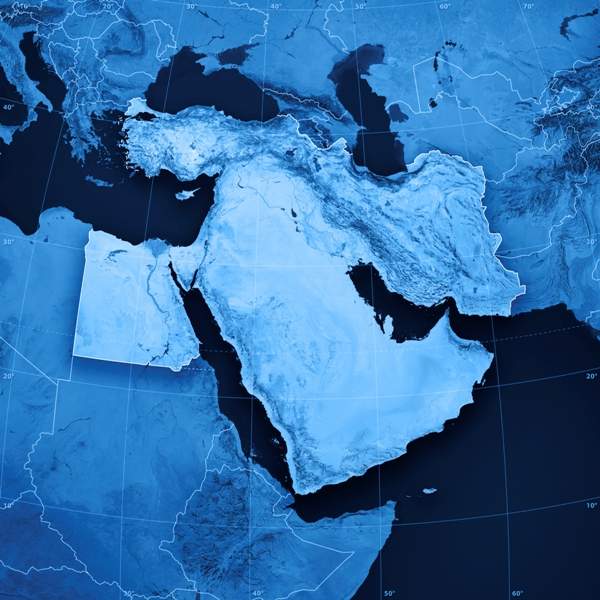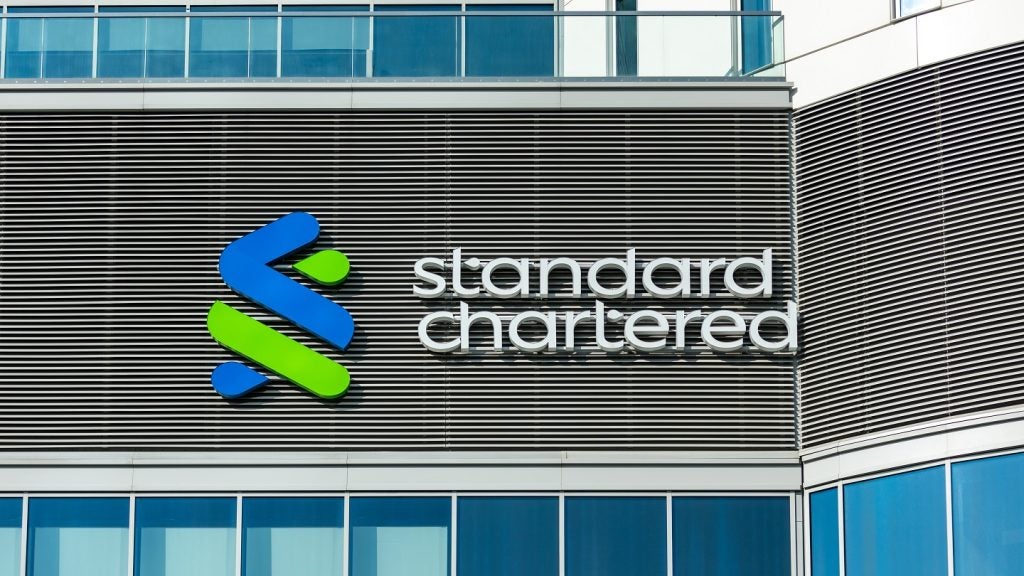
HNWIs in the Gulf Cooperation Council (GCC) are more bullish about the global economic atmosphere today compared to the past three years, according to a report by Emirates Investment Bank (EIBank).
Respondents in the survey included 100 HNWIs throughout the GCC countries of Bahrain, Kuwait, Oman, Qatar, Saudi Arabia and the United Arab Emirates. While 90% were GCC nationals and 10% expatriates, 64% were entrepreneurs and business owners.
Of those polled, 71% opined that the economic and business landscape has improved in 2019. This is almost double last year’s figure of 31%.
Similarly, the number of respondents predicting a deteriorating economy has also decreased to 3% from 41%.
The study attributed the optimistic outlook to higher oil prices, and increased investment opportunities.
Forty five percent of the respondents said that the economic landscape across the world is improving and 85% of the respondents were positive regarding global economic prospects over the next five years.
Most (96%) of the respondents were confident that the business environment will improve, supported by stabilised oil prices, upcoming high-profile events, and economic diversification.
The study also found a preference for local investments, with three quarters of HNWIs citing domestic investment opportunities as more attractive than diversifying abroad.
EIBank CEO Khaled Sifri said: “The size of home-grown wealth in the GCC region and the entrepreneurial culture it is known for gives the investment landscape in the region a unique characteristic.
“This explains the increased optimism and confidence we saw in this year’s findings, and the growing appetite among the region’s wealthy to grow their wealth instead of preserving it, compared to last year where there was an increase in wealth preservation over previous years. Add to this a clear preference to deploy capital in their own markets and businesses.”







